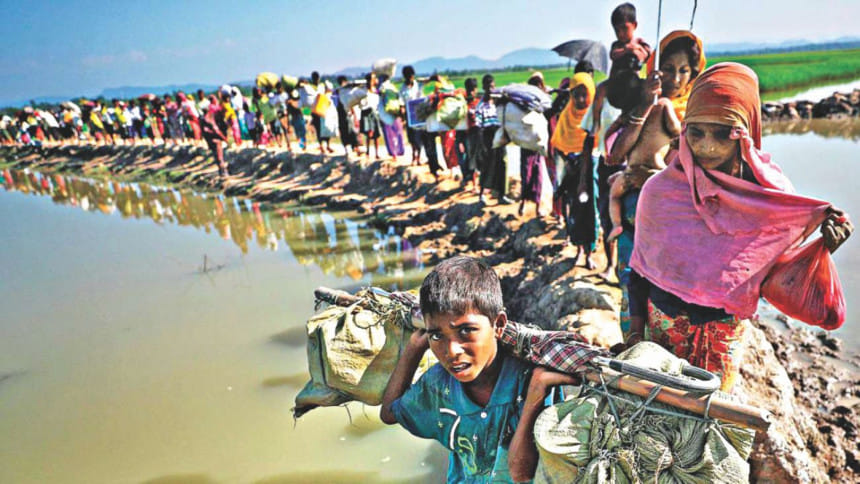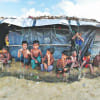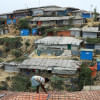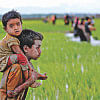Rohingya Crisis: Address the root causes

The United Nations yesterday commended the Bangladesh government's commitment to support the Rohingya refugees and highlighted that the root causes of the Rohingya crisis in Myanmar must be addressed.
“The Bangladeshi people demonstrated very early on its solidarity towards the Rohingya people, providing them with shelter and support when they arrived,” said Adama Dieng, UN under-secretary-general and special adviser on the prevention of genocide.
He was addressing the closing session of a workshop titled “Fostering Peaceful and Inclusive Communities in Bangladesh: The Role of Religious Leaders and Actors” in a city hotel.
He stressed the importance of ensuring that Rohingya refugees are given opportunities to uplift themselves educationally and have access to livelihood opportunities in Bangladesh until they return to Myanmar.
Dieng said religious leaders can play a very important role by promoting messages of peace and tolerance and by fostering dialogue between the Rohingya refugees and host communities.
“I hope the religious leaders and actors, as well as policymakers and civil society representatives present here today will continue to show this same humanity,” he said.
Md Nojibur Rahman, principal secretary to the prime minister, conveyed the PM's message of support for interfaith initiatives.
Stressing that the government of Bangladesh was fully committed to working with the UN and the civil society to address the Rohingya crisis, he also encouraged religious leaders to support this cause.
Mia Seppo, UN resident coordinator in Bangladesh, emphasised that the government and the people of Bangladesh were the biggest donors to the Rohingya response.
She said the UN was committed to assisting Bangladesh, but it was the host communities in Cox's Bazar who were the true “first responders”.
She praised the host communities for their compassion, stating that Bangladesh's traumatic experience in 1971, with millions of people forced to flee as refugees, had made the country particularly noble and generous towards refugees from other nations.
The UN official also underlined that the biggest challenge in the region was to ensure a sense of hope for a better future; to address the urgent needs of Bangladeshi host communities affected by the crisis; and to improve conditions for the refugees themselves.
A broad range of Bangladeshi religious leaders and actors, government policymakers, academics, civil society and UN representatives discussed at the programme ways to promote dialogue and social cohesion in Cox's Bazar.
The event was organised jointly by the UN Office on Genocide Prevention and the Responsibility to Protect and the UN Development Programme in partnership with the Save and Serve Foundation.
Meanwhile, Deputy Spokesman for the UN Secretary-General Farhan Haq has said they are trying to ensure safe and voluntary return of the Rohingya refugees to Myanmar.
“We need to make sure that the conditions in Myanmar are conducive to their return,” he told reporters during a regular briefing at the UN headquarters on Friday.

 For all latest news, follow The Daily Star's Google News channel.
For all latest news, follow The Daily Star's Google News channel. 








Comments